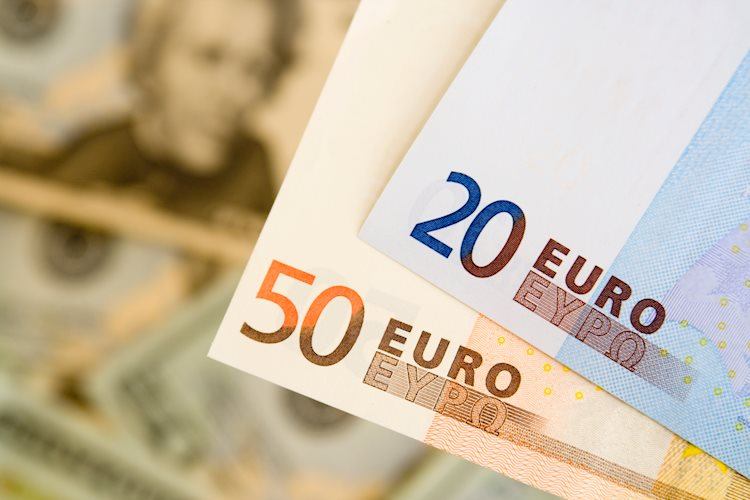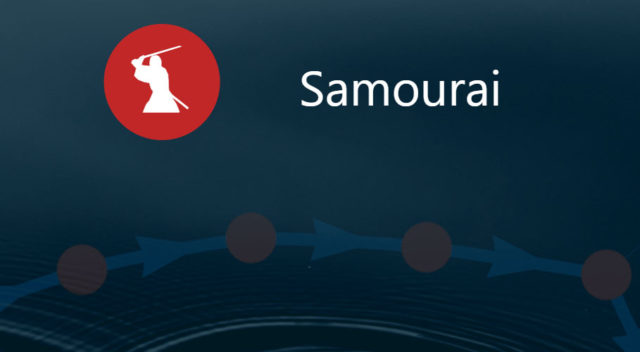The creation of a common currency for Mercosur is a project still far from being realized, according to specialists interviewed by the CNN . The different monetary policies of the countries and the lack of controlling bodies make this project unfeasible.
Last Tuesday (3), the Minister of Finance, Fernando Haddad, met with the Argentine ambassador to Brazil, Daniel Scioli, to discuss the creation of a single currency for the bloc.
In an interview, Scioli said that it does not mean that each country will give up its currency to adopt the same one among all. According to him, the idea would be a unit for integration and increased trade between the countries that form the regional bloc. “As President Lula said, strengthening Mercosur, expanding Latin American unity is very important,” said Scioli.
But the professor of International Economics at Insper, Roberto Dumas, said that it is not possible to have two currencies. “If you want to have a single currency within Mercosur, you need to know if it will be valid in the countries or just for commercial transactions in the bloc. Otherwise, it will never happen.”
According to the jurist Ives Gandra, it is very difficult for this intention to get off the ground in the situation the countries in the region are in. “If we compare it with the Euro Zone, the discussions for the creation of the single currency started there in the 50’s. Then the free, free trade, customs and common market zones were implemented. From then on, with a strong parliament, a commission capable of directing the work was created, in addition to a council and a European court”.
According to Gandra, the Mercosur court has very little importance in this scenario and does not reach the level of a “union” — like the European one. “To manage this unified economic policy, it would be necessary to create a Central Bank of Mercosur and, at the same time, a court of accounts, which does not exist here”.
Dumas reinforces that having a common currency for all countries in a block is very difficult. “Europe began to implement the euro in the domestic economy in 1973, even without managing to put the whole framework in place at that time”.
Different economic scenarios
Here in Mercosur, Gandra says that countries have many differences. “If we take into account customs tariffs, Brazil has enormous difficulty in having budgetary control through a tax system. Today the country has three – IPI, ICMS and ISS – while Argentina has only one, which is the value added tax. This already makes the single currency unfeasible,” he says.
He says that Mercosur is far from being a European Union, which manages a single currency, in addition to not having control bodies. “Imagine a common currency with Brazil, with an inflation of 5.9% per year, and with Argentina, which has inflation at 100% in the same period. There is no viability”, he points out.
Like Gandra, Dumas also points out that, in order to have a unified currency, it is necessary to have a single monetary policy for all countries and a Mercosur Central Bank. “It is not known what interest rate this Mercosur BC can adopt. In addition, Argentina has an inflation rate of 100% a year and the other countries have an index well below”.
Now, Dumas says if there is a plan to set up a single currency within 20 or 30 years. “Then there is time to prepare. However, in a period of 4 years, as the Argentine ambassador said, there is no chance of this happening.”
“Mercosur countries are experiencing completely different economic cycles. Furthermore, there is no discussion for the implementation of a single economic policy and a single Central Bank. If not, there is no common currency”, evaluates the economist.
For the professor, not even the euro managed to replace the dollar, so it will not be a single currency in South America that will have any preponderance in the world economic scenario. “For this to happen, it is necessary to change the entire monetary policy of all countries and enter into a similar economic cycle”, he concludes.
Source: CNN Brasil
A journalist with over 7 years of experience in the news industry, currently working at World Stock Market as an author for the Entertainment section and also contributing to the Economics or finance section on a part-time basis. Has a passion for Entertainment and fashion topics, and has put in a lot of research and effort to provide accurate information to readers.





.jpeg)
.jpg)